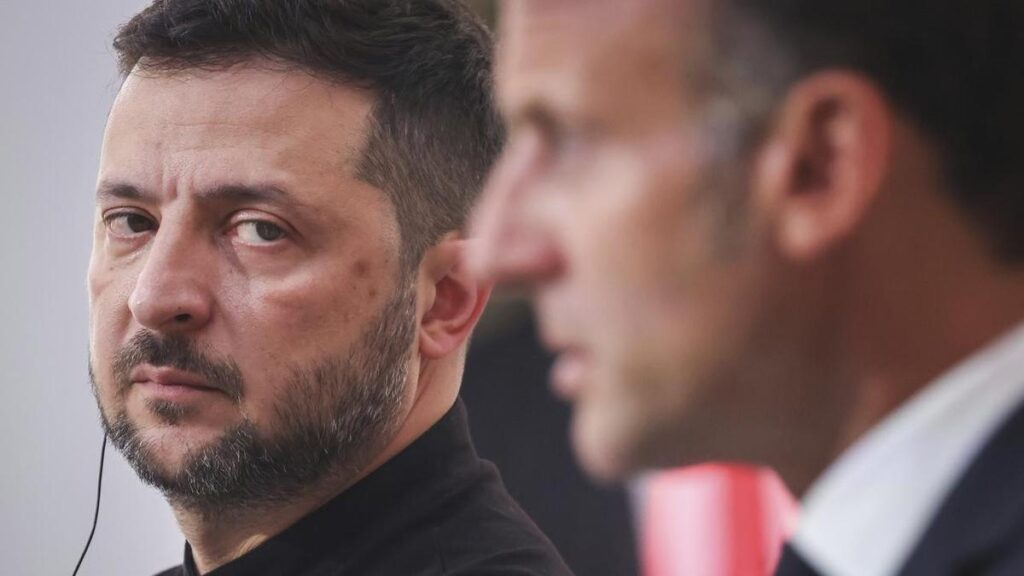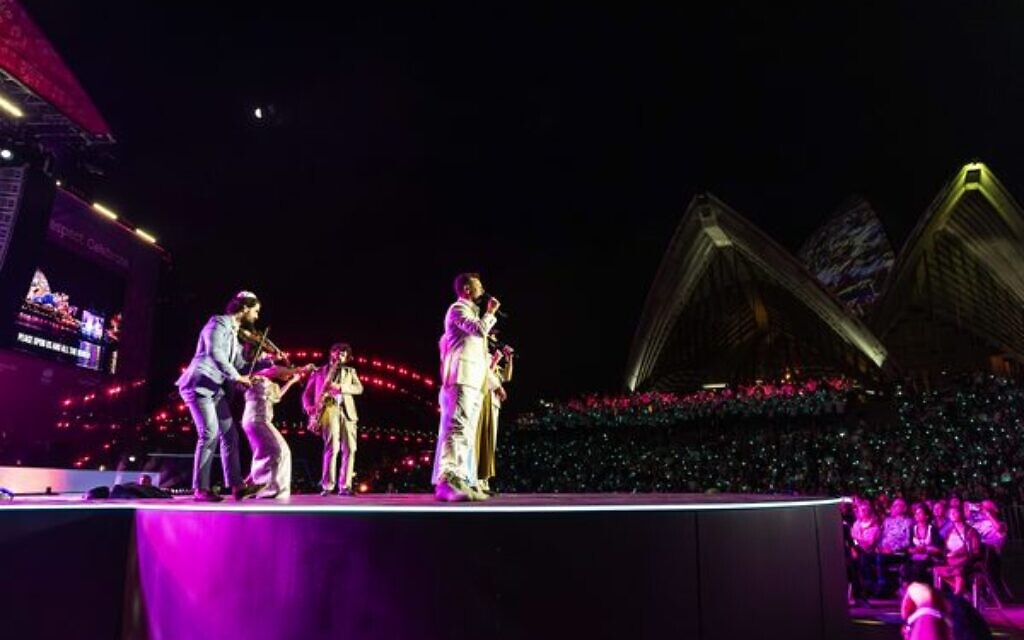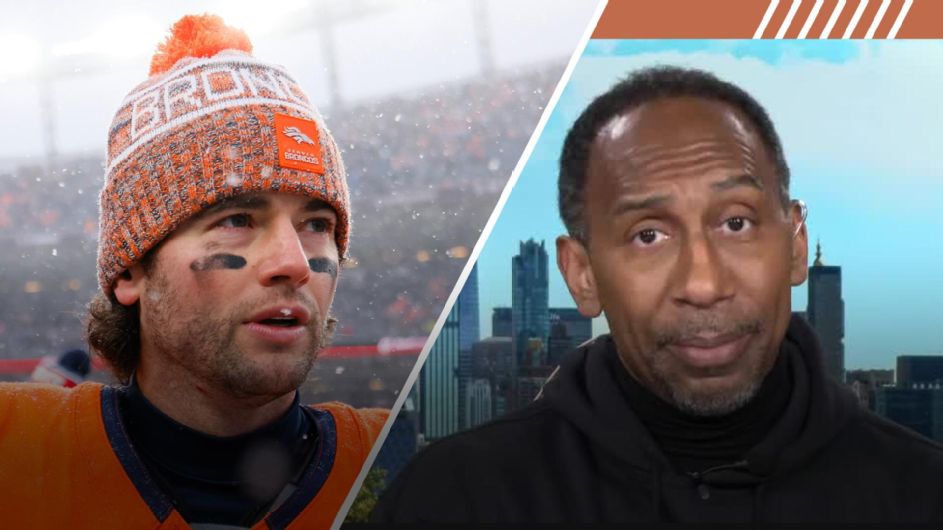
UPDATE: In a pivotal announcement, French President Emmanuel Macron revealed that 26 countries are prepared to deploy troops to Ukraine as part of security guarantees amid ongoing peace negotiations with Russia. This development came during a summit of Ukraine’s allies held at the Elysee Palace in Paris on July 15, 2023.
The urgency of this commitment underscores the growing international support for Ukraine as it seeks to solidify its defenses against potential Russian aggression. Macron stated, “As a form of reassurance, 26 countries have committed to deploying troops to Ukraine, where they will be present on land, on sea, or in the air.” This statement was made in the presence of Ukrainian President Volodymyr Zelenskiy, emphasizing the coalition’s unity and resolve.
The summit, attended by leaders from 35 nations, aimed to finalize security guarantees and solicit backing from U.S. President Donald Trump, who is expected to finalize U.S. contributions in the coming days. Macron highlighted that the security guarantees would focus primarily on strengthening Ukraine’s military capabilities, with countries like Germany pledging to support reconstruction efforts.
While Macron did not disclose the specific nations involved, both France and the United Kingdom have signaled their willingness to participate in this international force. However, German officials indicated that their military commitment would depend on clarity regarding U.S. involvement.
During the summit discussions, Trump emphasized the need for European nations to cease purchasing Russian oil, which he claimed finances the Kremlin’s military actions in Ukraine. He also urged European leaders to exert economic pressure on China for its support of Russia.
The coalition leaders, including Macron, have been in discussions for months regarding military support for Ukraine should a peace agreement be reached—a scenario that currently remains uncertain. Macron noted the necessity of U.S. security guarantees as a vital “backstop” for any potential European military role.
Adding to the complexity, Russian President Vladimir Putin recently stated that negotiations could end the war “if common sense prevails.” However, he also asserted readiness to conclude the conflict through force if necessary and dismissed the notion of NATO troop involvement in Ukraine as part of any peace settlement.
In response to Putin’s assertions, NATO Secretary General Mark Rutte rejected the notion that Russia should dictate troop presence in Ukraine, emphasizing the country’s sovereignty. “Why are we interested in what Russia thinks about troops in Ukraine?” he remarked, reinforcing the coalition’s commitment to Ukraine’s independence.
As the situation develops, the coming days will be crucial in determining the extent of international military support for Ukraine and the impact on ongoing peace negotiations with Russia. Observers will be closely monitoring Trump’s forthcoming decisions and any further commitments from coalition countries.
This announcement marks a significant turning point in the international response to the crisis in Ukraine, and its implications will resonate across the geopolitical landscape in the weeks to come.





